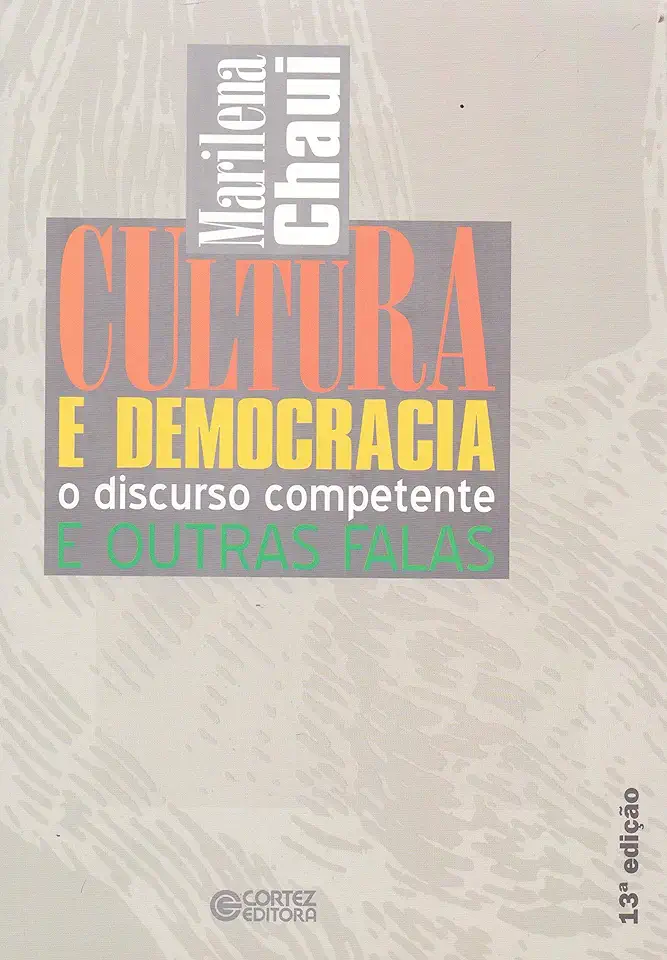
Culture and Democracy - Marilena Chaui
Culture and Democracy: A Philosophical Inquiry
In her book "Culture and Democracy," renowned Brazilian philosopher Marilena Chaui explores the complex relationship between culture and democracy, arguing that they are mutually constitutive and essential for the flourishing of both. Chaui draws on a wide range of sources, from classical philosophy to contemporary social theory, to develop a sophisticated and nuanced understanding of culture and democracy.
Culture as a Way of Life
Chaui begins by defining culture as a way of life that is shared by a group of people. She argues that culture is not simply a collection of beliefs, values, and practices, but rather a dynamic and evolving process that shapes how people think, feel, and act. Culture is also a source of identity and meaning, providing individuals with a sense of belonging and purpose.
Democracy as a Political System
Chaui then turns to democracy, defining it as a political system that is based on the principles of popular sovereignty, equality, and freedom. She argues that democracy is not simply a set of institutions, but rather a way of life that is characterized by active participation, deliberation, and cooperation. Democracy is also a means of achieving social justice and human flourishing, as it allows all citizens to have a say in the decisions that affect their lives.
The Relationship Between Culture and Democracy
Chaui argues that culture and democracy are mutually constitutive and essential for the flourishing of both. On the one hand, culture provides the values and norms that shape democratic institutions and practices. On the other hand, democracy provides the space for culture to flourish and evolve. Without culture, democracy would be empty and meaningless; without democracy, culture would be stifled and repressed.
Challenges to Culture and Democracy
Chaui also discusses the challenges that culture and democracy face in the contemporary world. She argues that the rise of neoliberalism and globalization has led to a decline in both culture and democracy. Neoliberalism has eroded the social safety net and increased inequality, while globalization has led to the homogenization of culture and the erosion of local traditions. These challenges have made it more difficult for people to participate in democratic processes and to have a say in the decisions that affect their lives.
Conclusion
Chaui concludes by arguing that culture and democracy are essential for the flourishing of human society. She calls for a renewed commitment to both culture and democracy, as a way of resisting the challenges of neoliberalism and globalization. By doing so, we can create a more just and sustainable world for all.
Why You Should Read This Book
"Culture and Democracy" is a must-read for anyone interested in the relationship between culture and politics. Chaui's insightful analysis provides a new perspective on these important concepts and offers a way of understanding the challenges that democracy faces in the contemporary world. This book is essential reading for scholars, activists, and anyone else who cares about the future of democracy.